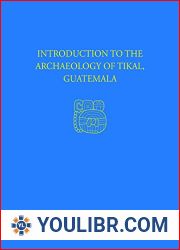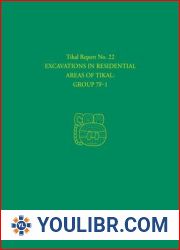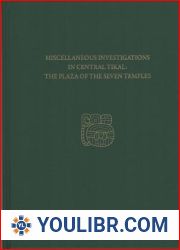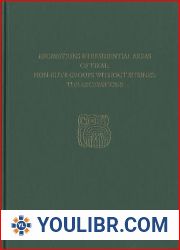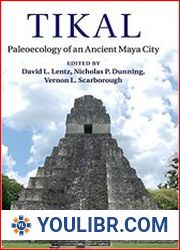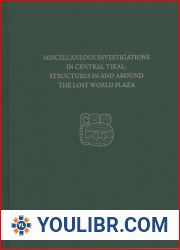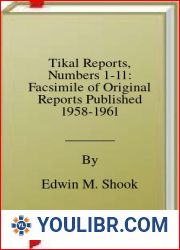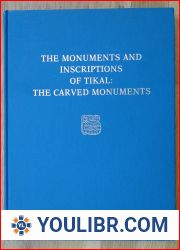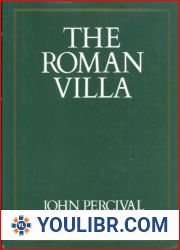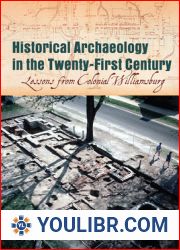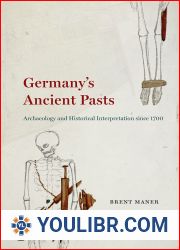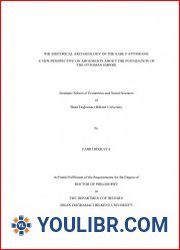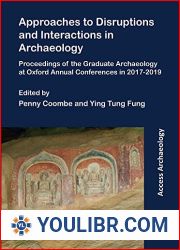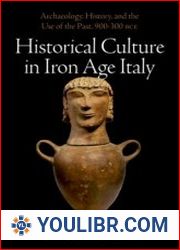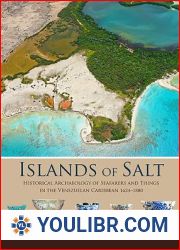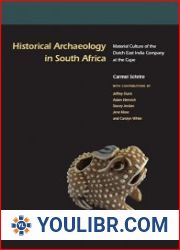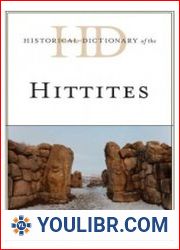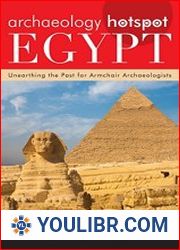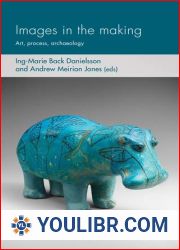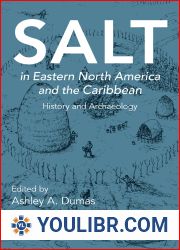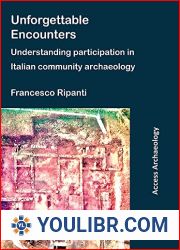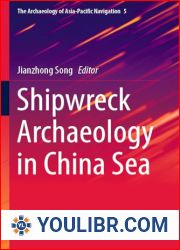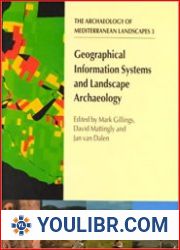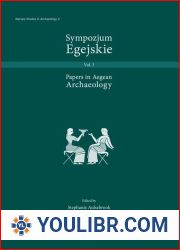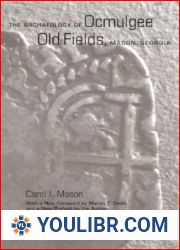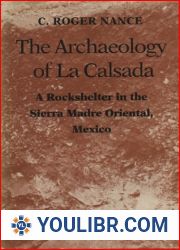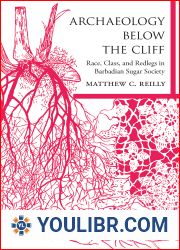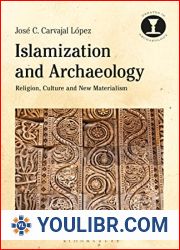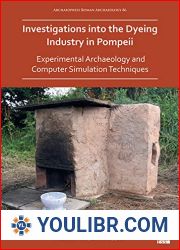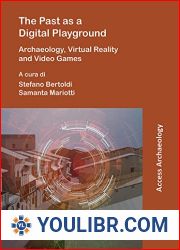
BOOKS - Historical Archaeology at Tikal, Guatemala: Tikal Report 37 (Tikal Reports)

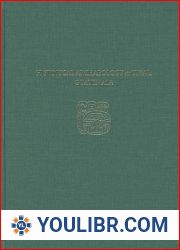
US $8.49

30535

30535
Historical Archaeology at Tikal, Guatemala: Tikal Report 37 (Tikal Reports)
Author: Hattula Moholy-Nagy
Year: June 27, 2012
Format: PDF
File size: PDF 3.0 MB
Language: English
Year: June 27, 2012
Format: PDF
File size: PDF 3.0 MB
Language: English
The pre-Columbian city we call Tikal was abandoned by its Maya residents during the tenth century A.D. and succumbed to the Guatemalan rain forest. It was not until 1848 that it was brought to the attention of the outside world. For the next century Tikal, remote and isolated, received a surprisingly large number of visitors. Public officials, explorers, academics, military personnel, settlers, petroleum engineers, chicle gatherers, and archaeologists came and went, sometimes leaving behind material traces of their visits. A short-lived hamlet was established among the ancient ruins in the late 1870s. In 1956 the University of Pennsylvania Museum of Archaeology and Anthropology initiated its fourteen-year-long Tikal Project.This report chronicles documented visits to Tikal during the century following its modern discovery, and presents the post-Conquest material culture recovered by the Tikal Project in the course of its investigation of the pre-Columbian city. Further research on the nineteenth-century settlement was carried out in 1998 in its southern part by the Lacandon Archaeological Project (LAP) under the direction of Joel W. Palka of the University of Illinois at Chicago. The material culture recovered by the LAP supplements the Tikal Project collection and is referenced here. Historical Archaeology at Tikal, Guatemala is intended as a contribution to nineteenth and early twentieth century Lowland Mesoamerican research. It is rounded out with several appendices that will be of interest to historians and historical archaeologists.The printed volume includes many black and white photographs and drawings. A gallery of color photographs, several from Palka's 1998 excavations, is included on the accompanying CD-ROM. Content of the book's CD-ROM may be found online at this University Museum Monograph, 135







